“Where do you see yourself in five years?” This is a job interview question we’ve all been asked, and one we’re all prepared for. It’s likely we spout a rehearsed answer. Something about our intention to learn from our colleagues, to hone our skill set and grow in the company. But, did you know only 50% of us actually see career advancement opportunity with our current employer? On top of that, only about a third of managers effectively discuss career development during performance reviews. That means, for most of us, it’s up to our own initiative to make plans for our futures, and to discuss viable options for career development with our bosses—and there are a lot of options. Like that networking event in Vegas, the industry conference in Cincinnati or an outdoor experiential learning program.
Wait, what?
Yupp, you read right. Outdoor expeditions are career development opportunities. They may be unconventional, but they’re far more impactful than wading through hundreds of people trying to read name badges or rushing from one panel to another. That’s because a wilderness expedition that challenges your limits, reveals your potential, teaches you how to be a leader and how to follow are all skills you can implement in your career.
But this is probably where you’re thinking, how can I ever convince my boss that a 7-day backpacking trip through the Blue Ridge Mountains will be good for my job? Excellent question. Here are five reasons why an outdoor expedition can improve your productivity and your relationships in the office. And whether your goal is to become a manager or just to kick more butt in your current position, an outdoor expedition can set you on the right track to actually attain the answer to “Where do you see yourself in five years?”
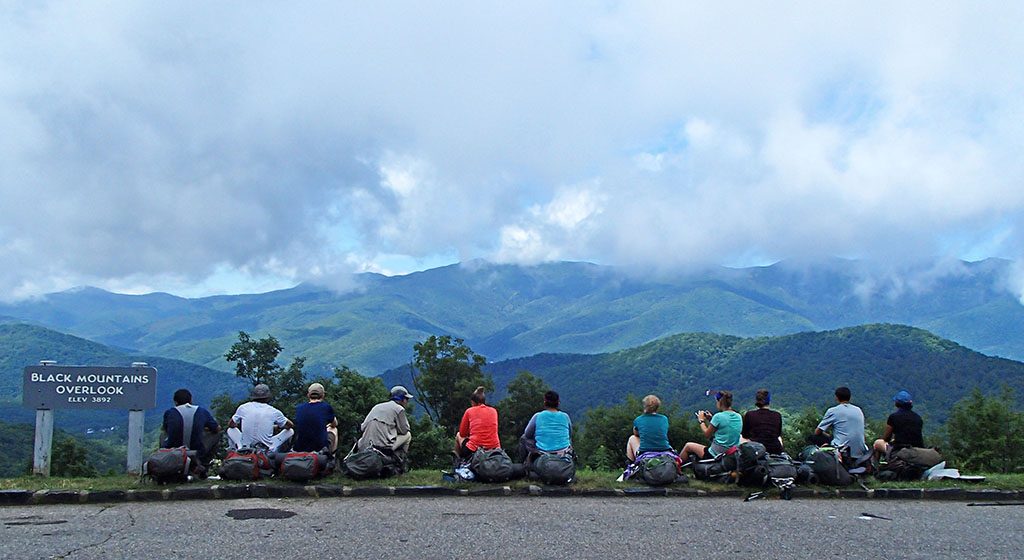
1. Learn Conflict Resolution IRL
The most important part of any job—heck, of life—is knowing how to effectively navigate conflict. But most of us sit quietly in our cubes while a coworker’s loud phone conversations or “Do you have a minute to chat?” requests interrupt our productivity. In fact, nine out of ten employees waste time frustrated by our coworkers’ behavior, and managers spend about 37% of their day dealing with dysfunctional behavior. Yikes. Most of us have worked our entire lives learning how to effectively avoid conflict instead of understanding and resolving it. On an outdoor expedition, you can’t walk away, keep quiet or do nothing when you and your group are faced with a problem. If a storm is coming over the ridgeline, you need to decide as a group if you keep going or you turn back. If your team’s dog sled gets stuck in the ice, you can’t just leave it behind in the snow. Much of conflict resolution is rooted in effective communication, learning to ask the right questions, to think critically, and to solve problems with the resources that are available.
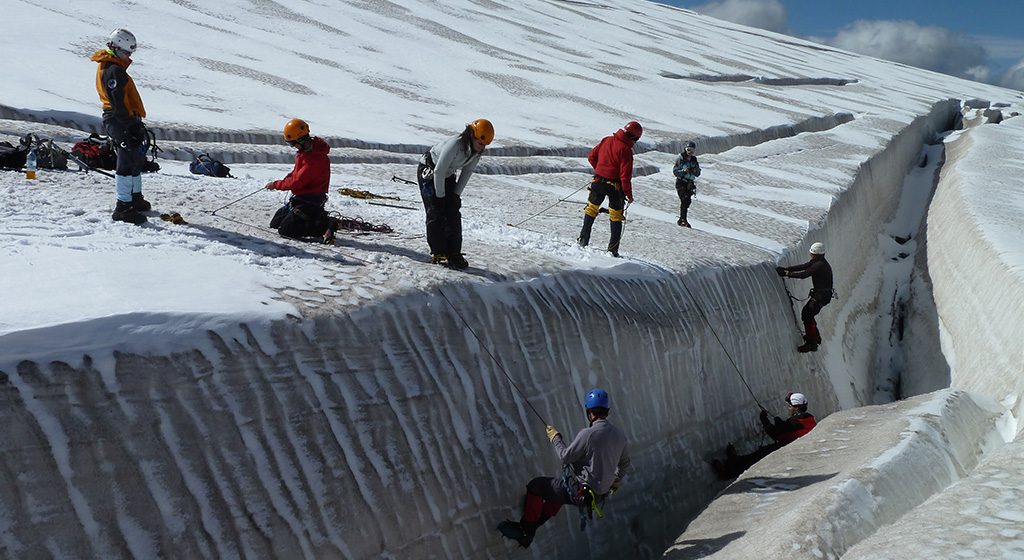
2. Develop Skills in Group Dynamics
Awkward conversations, meetings that end in tension, projects that halt due to personalities that don’t quite match up—we’ve all been there. On a wilderness expedition, in good weather conditions, strong knots and good foresight or in driving rain, unfamiliar terrain or a failing campfire, groups learn to work together. You’ll start to listen to a peer as they finish their thought, actively seek feedback and then reflect on it.
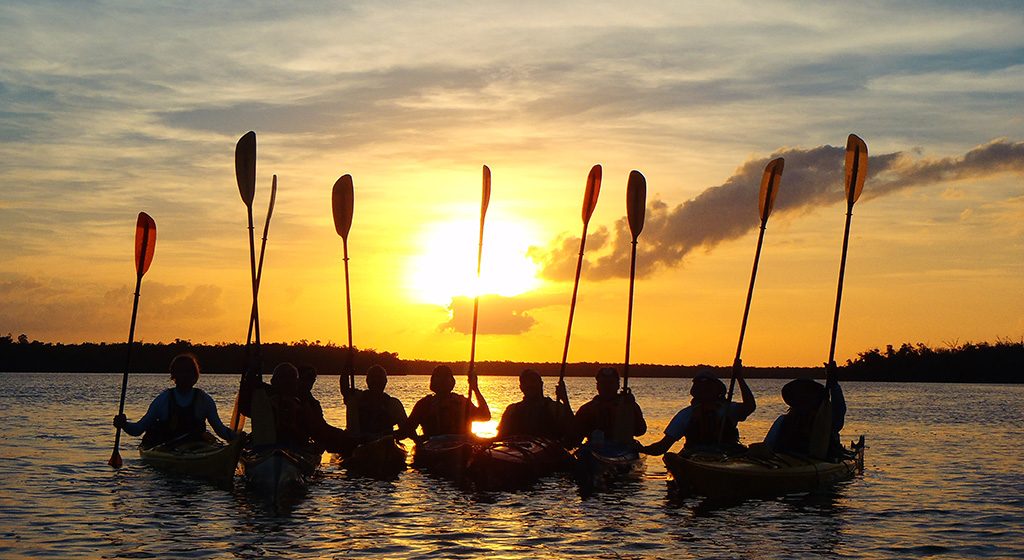
3. Discover Your Leadership Style
Maybe you never saw yourself as a leader, capital ‘L’, but in the wilderness, you’ll find that leadership is redefined. You’ll learn what being a leader means to you as an individual. Whether it’s being the first person awake in the morning to start breakfast for your group or leveraging your natural affinity for direction to make informed navigational decisions, leadership can be specific to you. So when you return to your career, a short whirlwind of a week later, you’ll have greater confidence in your direction and decisions.

4. Build Better Relationships
If you think about it, the office and an outdoor expedition are pretty similar social situations. You’re thrust into an unfamiliar environment with strangers and it’s your responsibility to use the skills you have to obtain common goals. Working together in productive ways isn’t easy, especially when a lot of our instinct is to make snap judgments about our peers’ ability or common sense. On an outdoor expedition, vulnerability, compassion and openness aren’t abstract niceties, they’re essential attributes of a good team and a successful journey. If effectively communicating your opinion in a discussion isn’t your strong point or knowing when to ask for help makes you cringe, an outdoor expedition will test and break down these barriers so you can build stronger relationships with your peers that actually yield positive results.
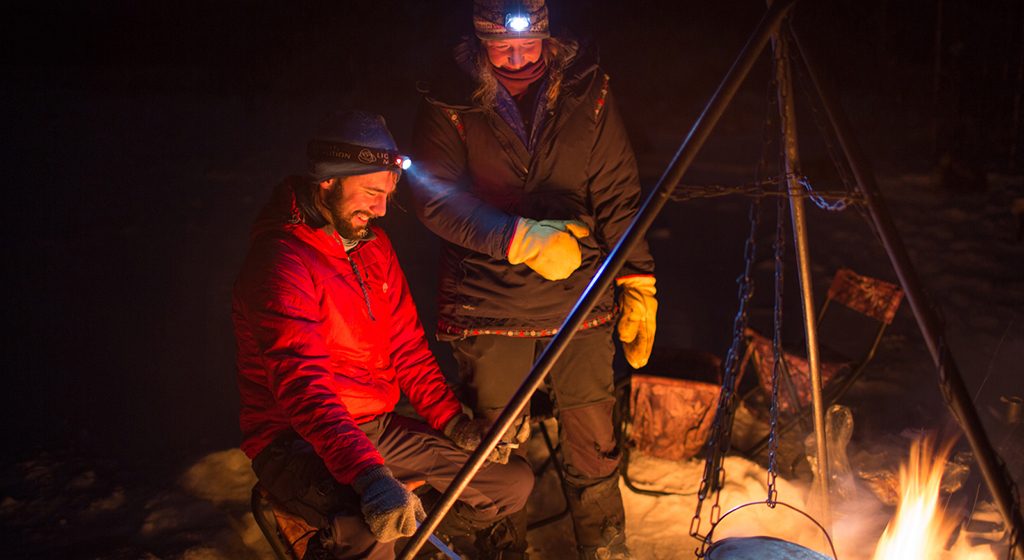
Photo by Larry Mishkar
5. Know Your Potential and Push Past Perceived Limits
Perhaps the most important step in advancing your career is understanding your potential. Many of us don’t push forward because of perceived limits like “What if I alienate my coworkers by expressing my opinion?” or “I’m afraid my boss will think I’m troublesome if I ask for more opportunity.” But when you’re on the top of a cliff face and the only way to camp is to rappel down, what-ifs won’t get you there. Challenging yourself in the outdoors, to do things you never thought you would, like kayaking, sailing or canyoneering, builds trust in yourself. And before you know it, you’re chipping away at mentalities that have likely clipped your wings in the past.
An outdoor expedition also teaches us efficiency in our use of time and energy. A typical day on an expedition is regulated around productivity to meet our most basic needs: food, rest, shelter, companionship. As you become accustomed to this rhythm, you begin to see behavior patterns in your life at home and at work that you can change to produce more positive, measurable results. Understanding where to maximize our time and leverage our energy, motivations and passions makes us more productive, fulfilled individuals.
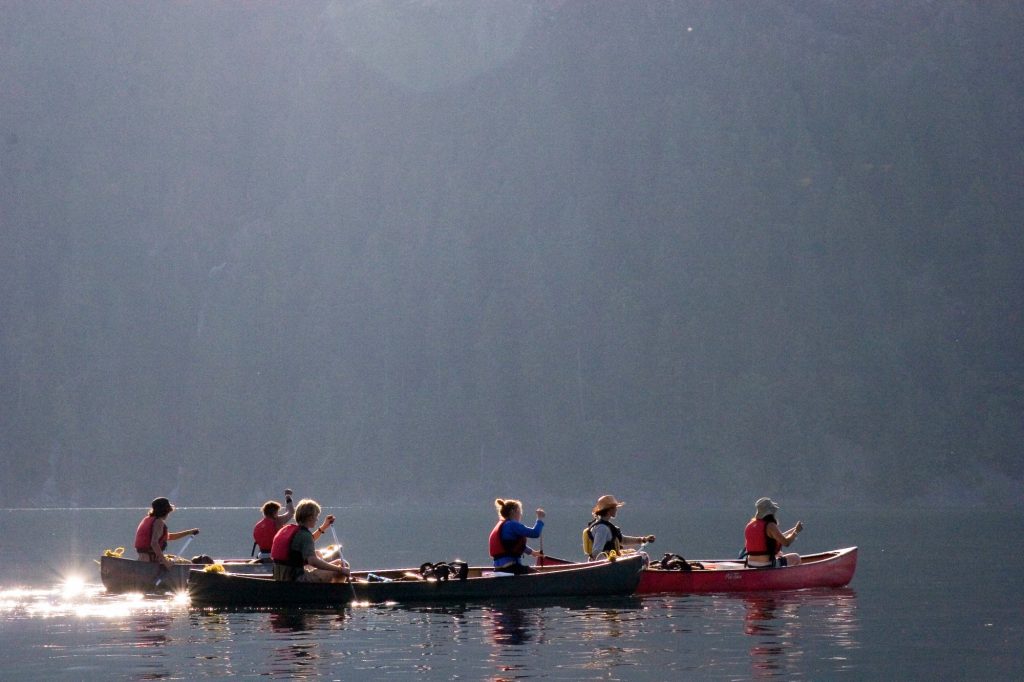
Of course, you’ll want to make sure you align your personal vision for your future with an expedition that fits your career goals and interests. An expedition after all is a journey or voyage made for a definite purpose. Having an open, frank conversation with your boss about how you can see room for improvement in your position isn’t admitting a fault or weakness; it’s showing initiative and commitment to your future. Define your purpose and set out to achieve it.
About the Author
Mandi Goyn is the Content Coordinator for the Outward Bound Services Group. Storytelling is at the heart of most everything she does. She’s a writer, a wedding photographer, a rock climber, a craft coffee addict and a cat-mom.
OTHER POSTS YOU MAY LIKE
Read More
Read More
Read More




